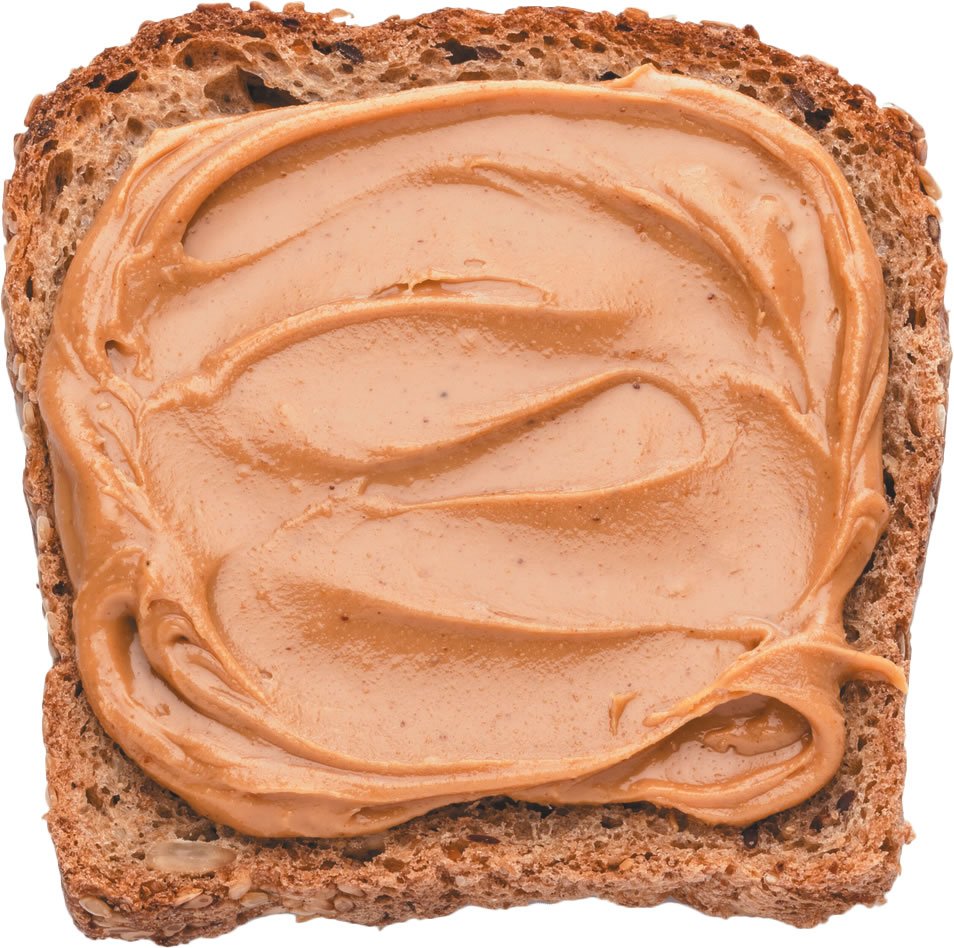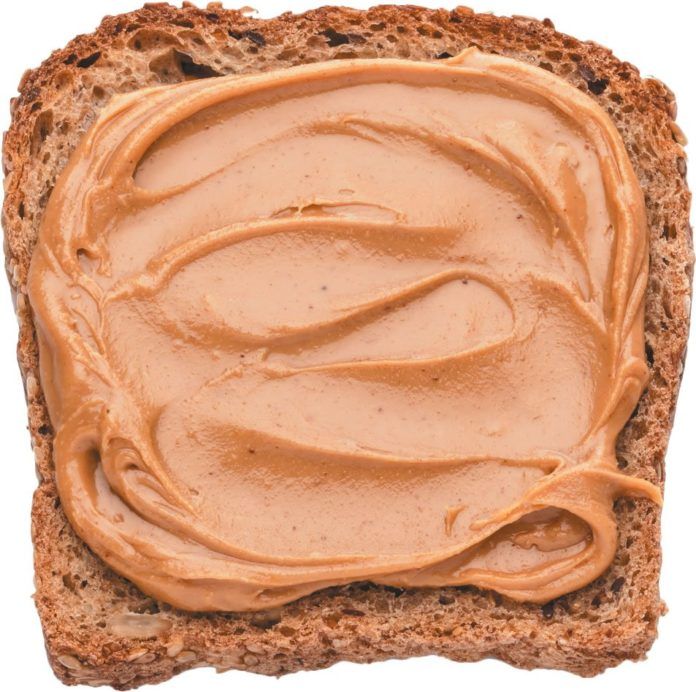
Image © fcafotodigital | Getty Images
A Diane McKay, PhD, an assistant professor at Tufts’ Friedman School and a scientist in the HNRCA Antioxidants Research Laboratory, answers: “Nuts are a good source of unsaturated fats, protein, fiber and essential fatty acids as well as vitamin E, trace minerals, phytosterols and other bioactive components. Large observational studies have suggested that consuming a small handful of whole nuts at least 3 to 5 times per week is associated with reduced risk for premature death, coronary heart disease, type 2 diabetes and certain cancers.
“In comparison, we know very little about the health effects of the different types of nut butters. We can assume the nutrient composition of a ground nut is similar to that of the whole nut; therefore, the health effects of the nut butter are likely to be similar.
“The exception is when the nut butter contains additional ingredients not present in the whole nut. Nut butters made with added fat, sugar and salt will likely detract from the health benefits compared to whole nuts. This may be one of the reasons why we do not see a clear benefit of peanut butter. That is, studies to date have not necessarily distinguished between products with only freshly ground nuts versus those made with added ingredients (or added fat, sugar, and salt). Nut and seed butters can be part of a healthy overall eating pattern, in addition to whole nuts and seeds. When choosing nut butters, choose those without added fats, sugar and salt as indicated on the ingredients list.”





















